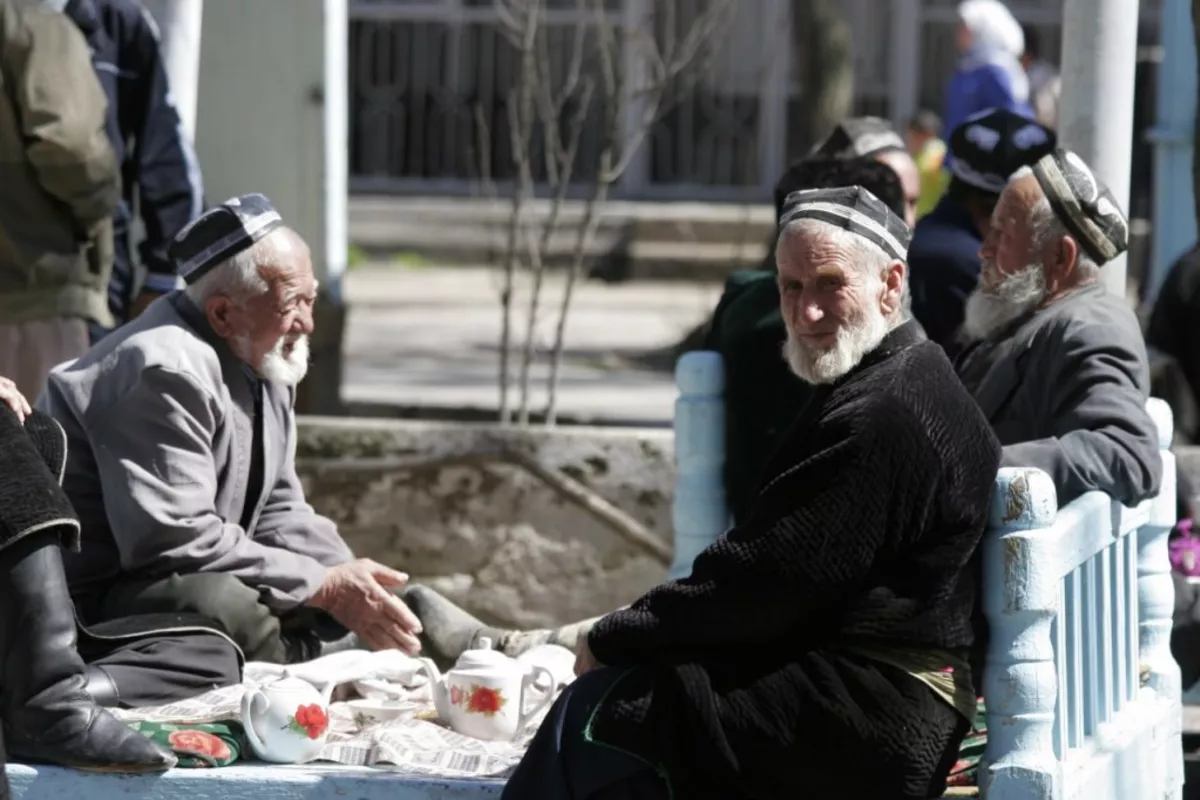
photo: Asia Plus
Tajikistan’s elderly are facing a harsh and uncertain reality.
Despite a recent 10 per cent increase in pensions, elderly citizens in Tajikistan continue struggling as rising prices outpace government support, The Caspian Post reports via Tajik media.
The pension hike, which took effect on September 1, 2025, offers little relief amid a cost-of-living crisis that has made even basic food items unaffordable for many retirees.
According to the Agency for Statistics, the average pension in Tajikistan reached just 470.62 somoni (approximately $50) in August, increasing by a mere $5 after the latest adjustment. While the raise was intended to ease financial pressures, experts say it barely scratches the surface.
“Pensions remain largely symbolic,” said one economist based in Dushanbe. “They fail to meet even the most basic nutritional needs, especially as food prices continue to rise sharply.”
In the first half of 2025 alone, bread prices rose by 4.7 per cent and flour by nearly 5 per cent. Prices for vegetables have seen even more dramatic increases-carrots have tripled in cost over the past year, garlic prices have almost doubled, and both potatoes and cabbage have become significantly more expensive.
For Tajikistan's elderly population, who often live on fixed incomes and already cut corners wherever possible, these price spikes are devastating. Many pensioners are now forced to forgo essential foods altogether. Without financial assistance from younger family members, most say they could not survive.
Compared to other former Soviet countries, Tajikistan’s pension levels are among the lowest. In Kazakhstan, the average monthly pension exceeds $300. In Russia and Belarus, it hovers around $290 and $256, respectively. Even Kyrgyzstan and Uzbekistan offer retirees more than double what Tajik pensioners receive, with monthly averages above $120.
The disparity is especially clear when comparing purchasing power. A Tajik pensioner could afford only 4-5 kilograms of beef with their entire pension, while a Belarusian pensioner could buy as much as 32 kilograms.
Despite the challenges, pensioners make up a relatively small portion of Tajikistan’s population. As of July 2025, only about 858,000 people-roughly 8 per cent of the population-receive pensions. In contrast, the elderly account for 28 per cent of the population in Russia and around 25 per cent in Kazakhstan, Belarus, and Estonia.
This low ratio is largely due to Tajikistan’s high birth rate, which exceeds 2 per cent annually-the highest among post-Soviet states. Economists argue that this demographic profile-nearly four working-age people for every pensioner-could serve as a strong foundation for a stable pension system.
But in reality, low wages and limited state budgets leave little room for meaningful pension reforms. With the average monthly salary in Tajikistan at just $283, the government’s ability to fund higher pension payouts remains constrained.
In 2005, Tajik lawmakers passed a law to establish non-state pension funds, hoping to introduce a savings-based retirement model. However, in the 20 years since, not a single private pension fund has been launched. A combination of factors-including low incomes, lack of public trust in private institutions, and limited financial literacy-has hindered progress.
“People simply don’t have enough income to save, and they don’t trust the system,” said one financial analyst. “Until we address these underlying issues, private pensions won’t take root.”
The effects are visible in household income data. According to the Agency for Statistics’ 2024 report “Tajikistan: Indicators of Poverty and Household Income,” pensions account for just 13.9 per cent of household income nationwide. In urban areas, this share is slightly higher, as city residents rely more on wages and pensions. In rural regions, most income is generated through self-employment and subsistence farming.
As the population continues growing and the cost of living rises, pressure is mounting on the government to find long-term solutions. Experts warn that without meaningful reform-particularly the development of a private pension system and policies that promote personal savings-elderly citizens will remain reliant on family support, and the pension system will remain little more than symbolic.
Share on social media